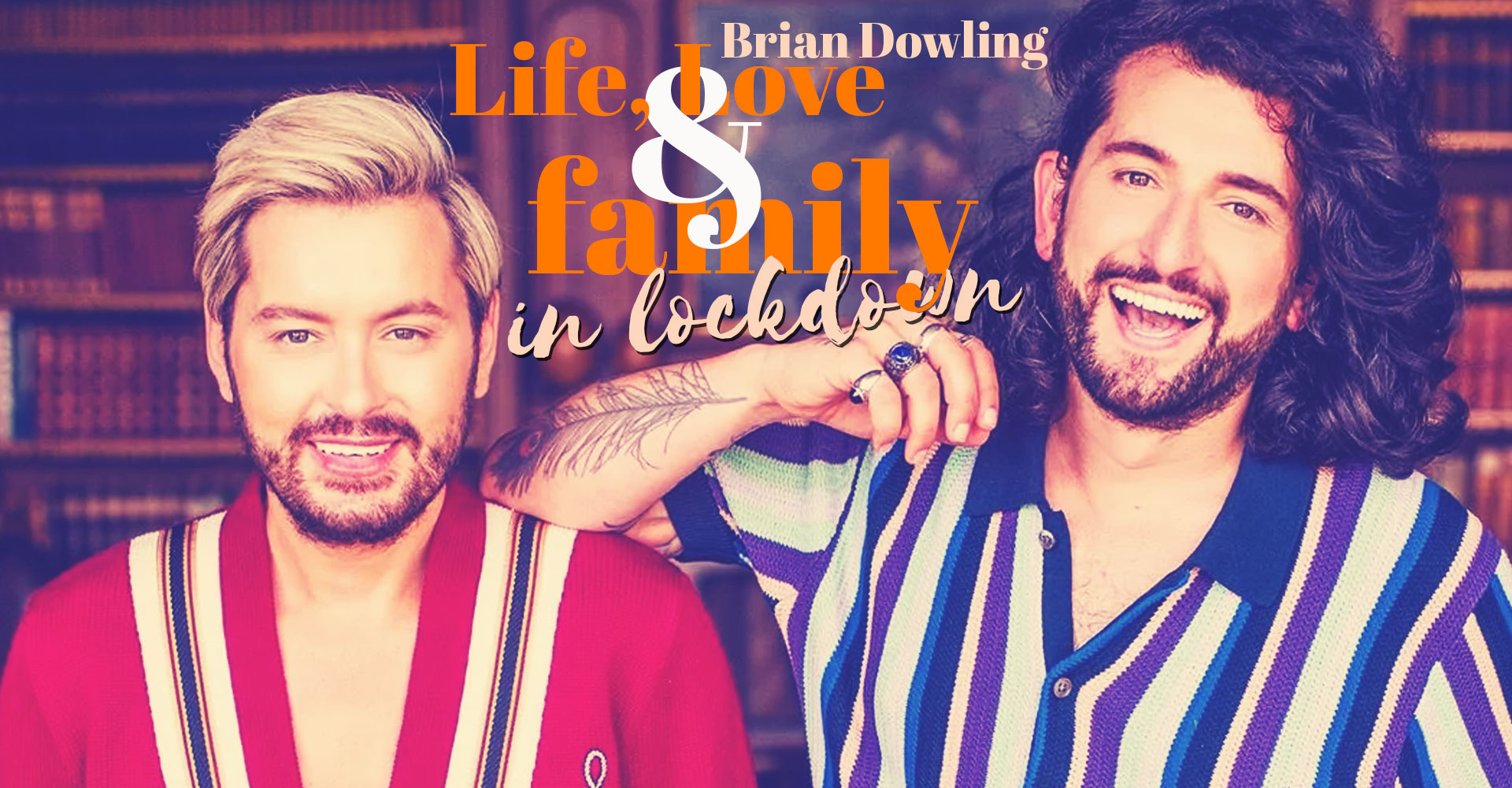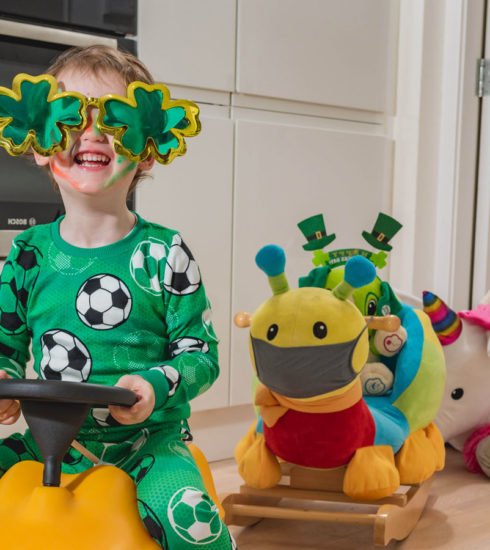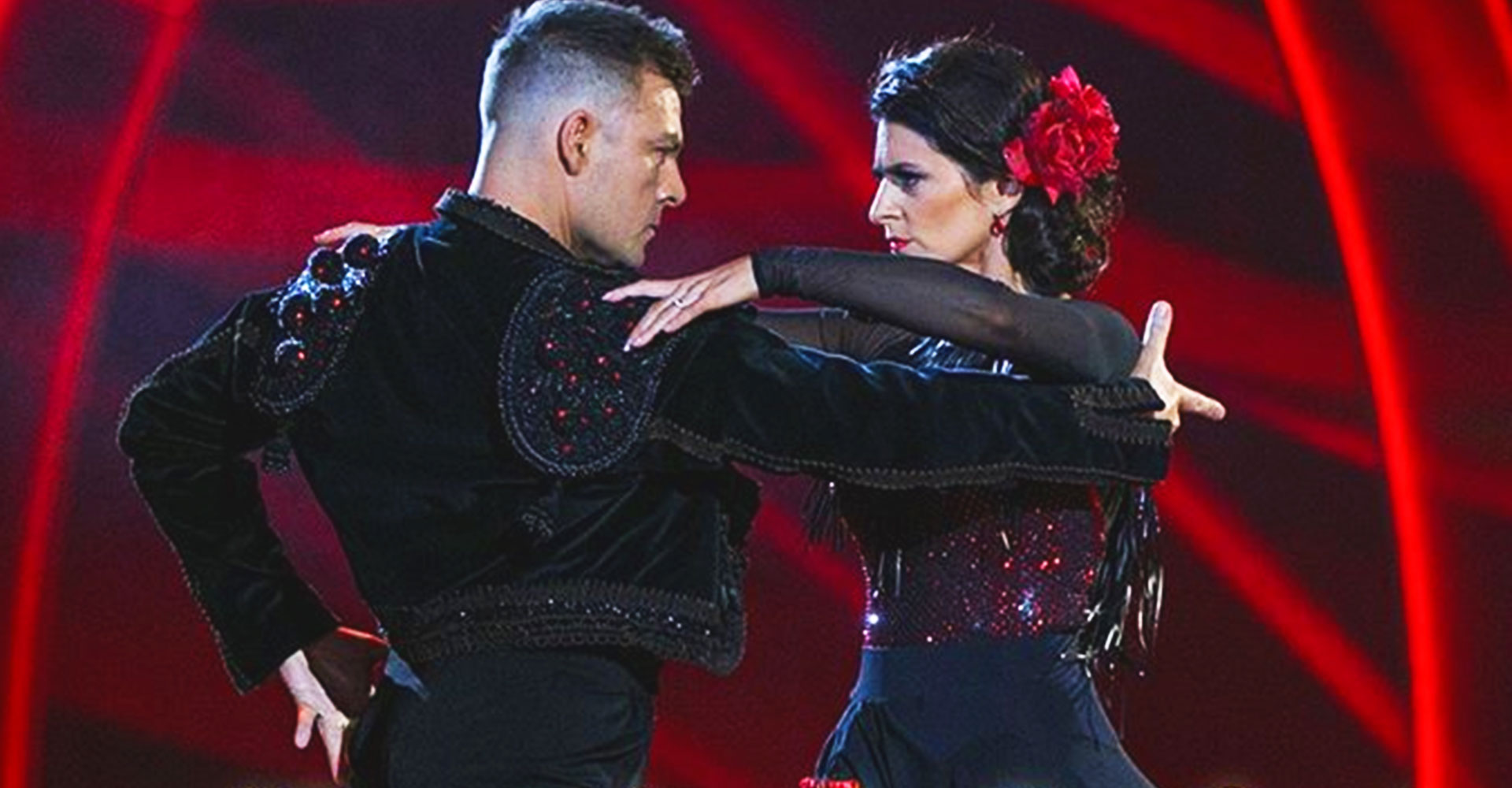Siobhan McKenna talks about Coping with Change
Coping with Change
A…B…C… A Five Minute Read
A Prelude
Siobhán is highly-trained and experienced in Meditation, Mindfulness-Based Life Skills, and Ayurveda for Wellbeing Practitioner. She is certified by a renowned doctor, Deepak Chopra, in his signature programmes, Primordial Sound Meditation and Perfect Health – An Ayurvedic approach to total well-being. She has continued her training under David Ji, a globally recognized meditation, and stress management expert, whose retreats she also hosts in Ireland.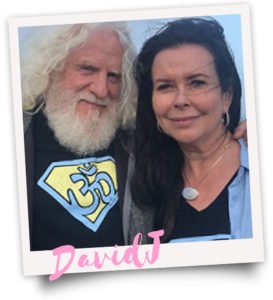
Changes
We’ve all been through a sudden and abrupt change. Now, as we look towards life after lockdown, there can be feelings of trepidation and fear about what life will be like. We know it won’t be the same, social distancing is here for the foreseeable future and it is normal to feel a sense of loss and insecurity about what we once took for granted, the norm. While our current times maybe unprecedented and on a massive scale, the fact is life is consistently about change.
It is human nature to resist what takes us out of our comfort zone but the better we get at accepting and navigating changes, from the little things to the big, the better we get at developing the necessary coping skills. Change brings us the opportunity for expansion and personal growth.
You may have heard the now commonly quoted analogy of ‘we are in the same storm but we are in different boats’. Young and old, across socioeconomic divides, we are all coping with the sudden change that Covid-19 brought. If you’ve been the caretaker in your family, be it the big brother, the mother, the reliable friend you may be struggling to deal with your own emotional rollercoaster, while trying to still be there to support others.
We know children are hugely impacted and now that they are not returning to school until September, there’s an added concern about the anxiety they feel being separated from their friends, or even not being able to pop into a shop taking their time to browse the freezer wondering which ice-cream they’d like to pick.
The following tips for coping with change are suitable for adults and children alike.
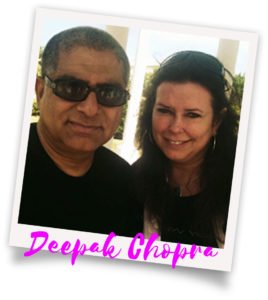
Learning the skill of coping with change from a young age will stand to a person for a lifetime. Depending on the age of the child, you may want to use examples such as a rainbow, a rainbow appears after a sudden sun shower, bringing it’s a beautiful prism of color and then quickly fades – it comes, it goes.
Thinking of our Fight/Flight or stress response as a loyal guard dog that’s there to protect us from danger and our relaxed response as the wise old owl that helps us calm the guard dog down when we are not in physical danger is a simple universal way of explaining and thinking about our brain’s response to stress and how we can activate our breath to induce calm.
We are all in this together, and practicing these simple tools is effective for people of all ages.
I’ve broken it down to A – B – C to make it easy to remember.
A
Acknowledge what you are feeling. Let children voice their fears and listen. You may want to admit that adults too find change scary. Talking things through helps dissipate the pent up energy of fear. Fear can be looked on as False Expectations Appearing Real.
When we acknowledge our situation, then we can move to Acceptance. When we accept our situation rather than resisting it, because what you resist persists, we gain a sense of control which leaves us feeling less overwhelmed. Finally, Awareness. The better we become at living with awareness – awareness of our thoughts, our feelings, our surroundings the better life flows. For this life skill, we are putting our awareness on our breath . . .
B
Breathe. Be. You don’t need an app and it’s right under your nose. At any moment you can activate your breath to access instant calm. Just one minute of conscious, relaxed breathing is enough to rid the body of cortisol – the stress hormone, entirely. When we feel stressed our breath is shallow and our amygdala – think of it like a barking guard dog, is in overdrive. This is necessary if you are in actual danger but in today’s world, we are often in this state of Fight/Flight as a result of the constant chatter in our heads.
Think of how you breathe when you are resistant to something – test it now, say ‘NO, NO, NO’ Chances are your breath is short and snappy. Now think of something pleasurable, something you’d want to say a big welcome ‘Yes’ to – did you breathe deeper? A simple breathing technique you can use to activate the vagus nerve and the parasympathetic nervous system is an extended exhale. Try breathing in for the count of four and out for the count of six or even eight. Slowing your breath down has an immediate effect on calming your physiology too.
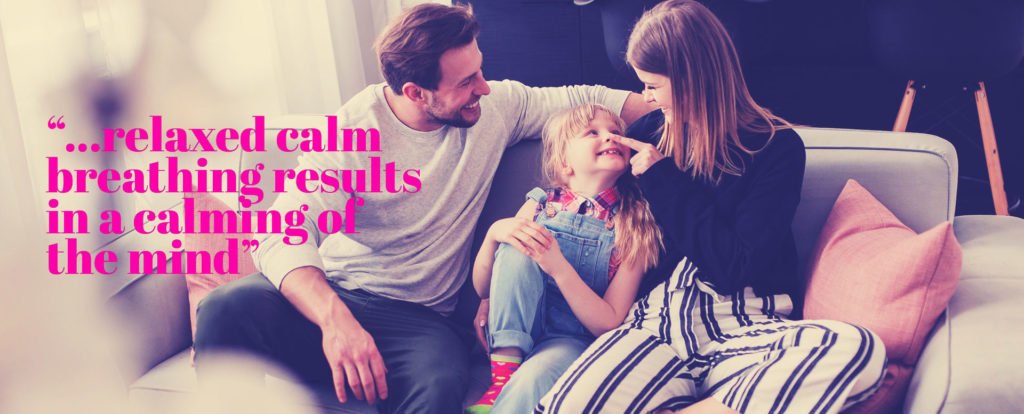
C
Conscious Choice. Activate your choice muscle. You’ve put your awareness in the moment, awareness on your breathing, slowing it down. By consciously controlling your breath, you are calming your overactive mind. When we feel our circumstances are out of our control – such as not being able to hug our friends, go to school or work or look forward to our travel plans, being in control of our breath over gives us back a sense of control we may be missing.
Relaxed calm breathing results in a calming of the mind too. When consciously breathing notice where in your body you are feeling tension – your shoulders, your chest, your stomach, your lower back? Breathe into that area and consciously release tension as you exhale. Our prefrontal cortex is the part of our brain that makes wise decisions – think of it was your Wise Old Owl that has flown back into the garden now that the stressed guard dog has settled down and stopped barking.
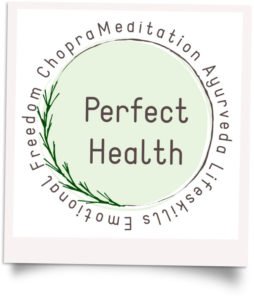
When we come from a place of relaxed awareness, we make better decisions and choices.You could also think of this part of your brain as the experienced CEO making good choices so the whole company can flourish. Remember, a quiet mind is a healing mind. Make the commitment and choice now that next time you notice your fear leading you down the garden path, you can stop, place your awareness on your breath, activate your choice muscle and decide do you want to take the path of chaos or the path of calm? Think of your brain like any muscle you exercise to grow stronger – it takes practice and persistence. It’s OK if sometimes you don’t get it right, be kind to yourself.
The world needs more kindness right now, and what better place to start than with yourself.
Article by Siobhan McKenna
See PerfectHealth.ie for more information on her classes & events. You can also catch up on her Instagram here
May 11, 2020, PerfectHealth.ie All rights reserved.




